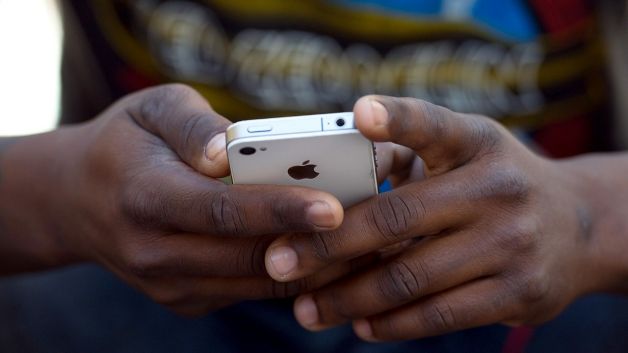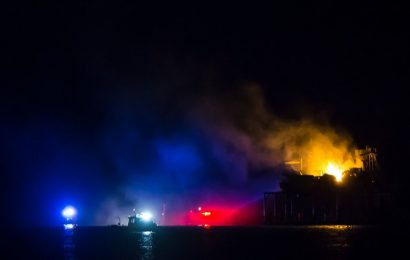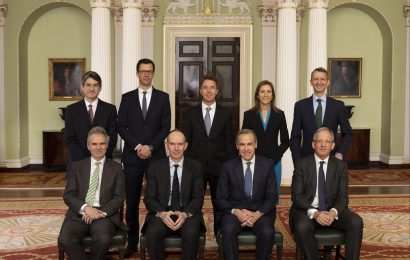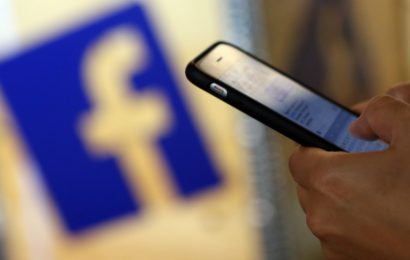Free social media access is not a common thing when it comes to African countries
Shutting down the internet for as long as general elections take place is common practice in some of the countries in Africa, such as Kenya, Cameroon, Chad, the Democratic Republic of Congo, Gabon, Gambia, the Republic of Congo and Uganda.
Freedom of speech has been limited in countries like Ethiopia, Madagascar and Tanzania, where users can be easily punished for on-line shared content.
According to local authorities, these practices are justified in terms of maintaining peace and security in the areas, considering the dangerous potential of the on-line environment in these nations.
Believe it or not, hate speech, false news and mass communication in some of the African countries can lead to deaths and unimaginable violences.
Considering the permanent government surveillance and censorship, people have adopted alternative news sources such as WhatsApp or other app used to spread ‘traditional’ media information. Another alternative solution people use is connecting to the internet via virtual private networks (VPNs) provided by mobile network operators standing up to local limitations and policies.
As 19 other countries including India, Turkey and Vietnam have experienced different internet disruptions over the last 2 years, global politicians have raised a debate on the power of freedom of speech against hate speech and extremism.
Unfortunately, as long as social media platforms incite to violences, governments around the world will have a difficult time not restricting their citizens’ rights.




